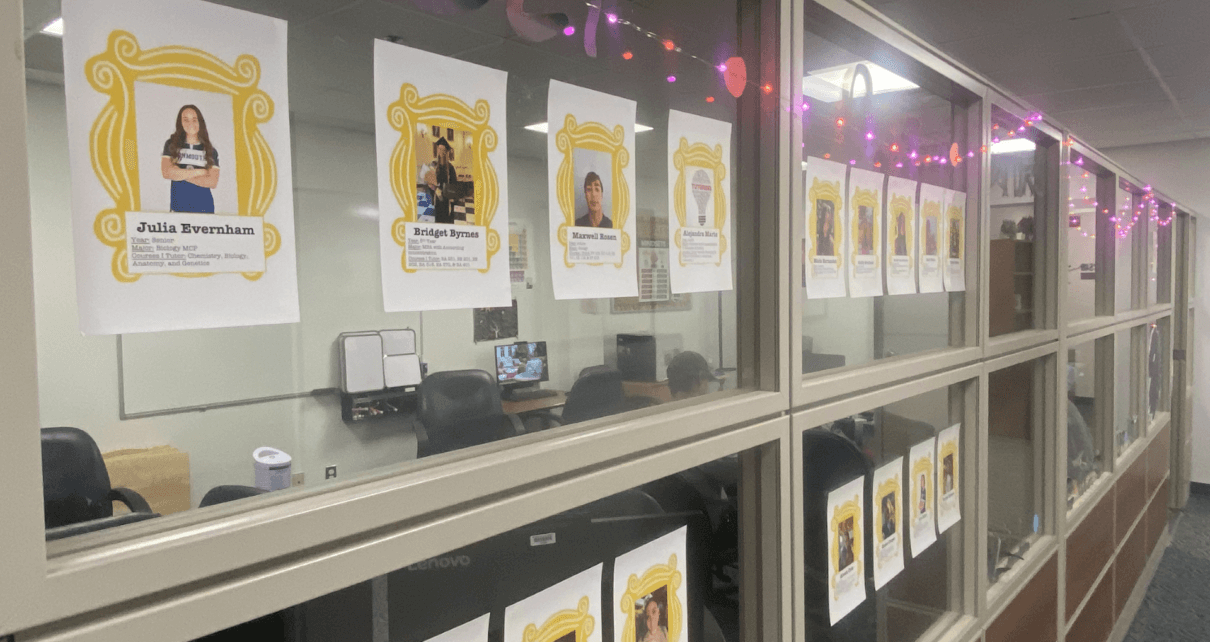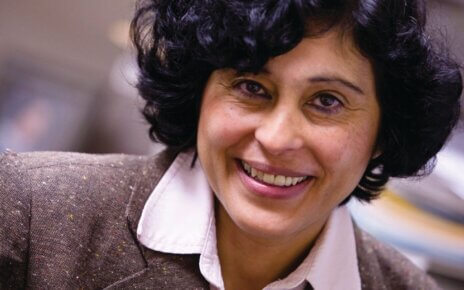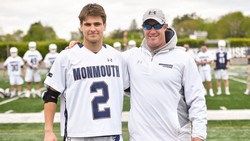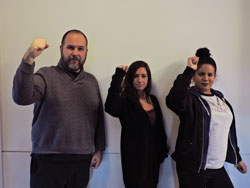Let’s face it, college is challenging. Unlike high school, students are entirely responsible for maintaining a schedule and grades. So, what do you do if you find yourself in a class you just can’t seem to master? Stop by the Tutoring Center or Math Learning Center.
The Tutoring and Math Learning Centers are staffed by students for students. Student tutors have a wide breadth of knowledge and can assist fellow students with almost any class offered at Monmouth.
The Tutoring Center, located on the lower level of the Student Center, is staffed by a group of students, in varying fields of study, who are available Monday-Friday, in-center, from 9:30 a.m. to 4:45 p.m.
Student tutors have the unique ability to help their peers learn from a student’s point of view, which offers a different perspective from the professor teaching.
Annie Sacks, a senior secondary education student and peer tutor, said, “Peer tutoring can help students in a way that professors can’t because the tutor sees things from a student perspective which allows them to relate to [their tutee] and therefore better accommodate their needs.”
Peer tutors have taken and excelled at the classes they tutor, so they know what to expect and how to help their peers succeed. Not everyone has the same learning style, but peer tutors are trained to adapt their supplemental teaching style to work for each individual tutee.
The Math Learning Center, located on the second floor of Howard Hall, is staffed by Mathematics students, of all disciplines, who are available Monday-Friday, in-center, from 9:30 a.m. to 4:45 p.m.
For many, math classes are challenging or nerve-wracking, which is why it is essential that when a student seeks help, they feel welcomed, supported, and safe.
Brooke Tortorelli, a senior music and math student, explained, “It’s imperative that I am able to explain topics in multiple ways because we all respond differently to different teaching styles.” As a student herself, she has overcome her own obstacles and offers her tutees study strategies and techniques that worked for her, helping modify those techniques to benefit each student. She continued, “The most important part of my job is to help instill confidence within each tutee because confidence is the key to success. Words of encouragement can go a long way; it is important to remember that we are people first before we are students.”
All tutors, in both centers, have the following qualifications according to Dorothy Clearly, the Director of Tutoring Services and Acting Director for the Math Learning Center, “[Tutors] have cumulative GPAs of 3.5 or better, have taken the course at MU, have earned a B or better in a course they tutor as well as participate in formalized training to become CR:LA certified tutor. They also only tutor courses they feel really confident about.”
This multifaceted approach to tutoring is partly why these centers are so beneficial. Students enter confused and in need of help and leave feeling capable, knowing they have resources to support them.
Both centers offer in-person availability during center hours and online availability based on the tutors’ schedules. Tutors are able to work using a “flex” schedule. This means that if a student contacts a tutor qualified to help them with a specific course, they can work with the tutor to set up a meeting time that works for them, even if it’s late at night or early in the morning.
While tutoring is available for all students regardless of major, year, or skill level, some students may feel nervous or embarrassed to seek out assistance. Director Cleary reassures that there is nothing wrong with needing a little extra support. “I always say that no one can be good at everything all of the time, so asking for help is a sign of strength, not of weakness.” She said that those who choose to be tutors want to help fellow Hawks and reminds students that, “There is no negative stigma about using support services in college, so take advantage of it, especially since it’s already built into your college tuition.”




